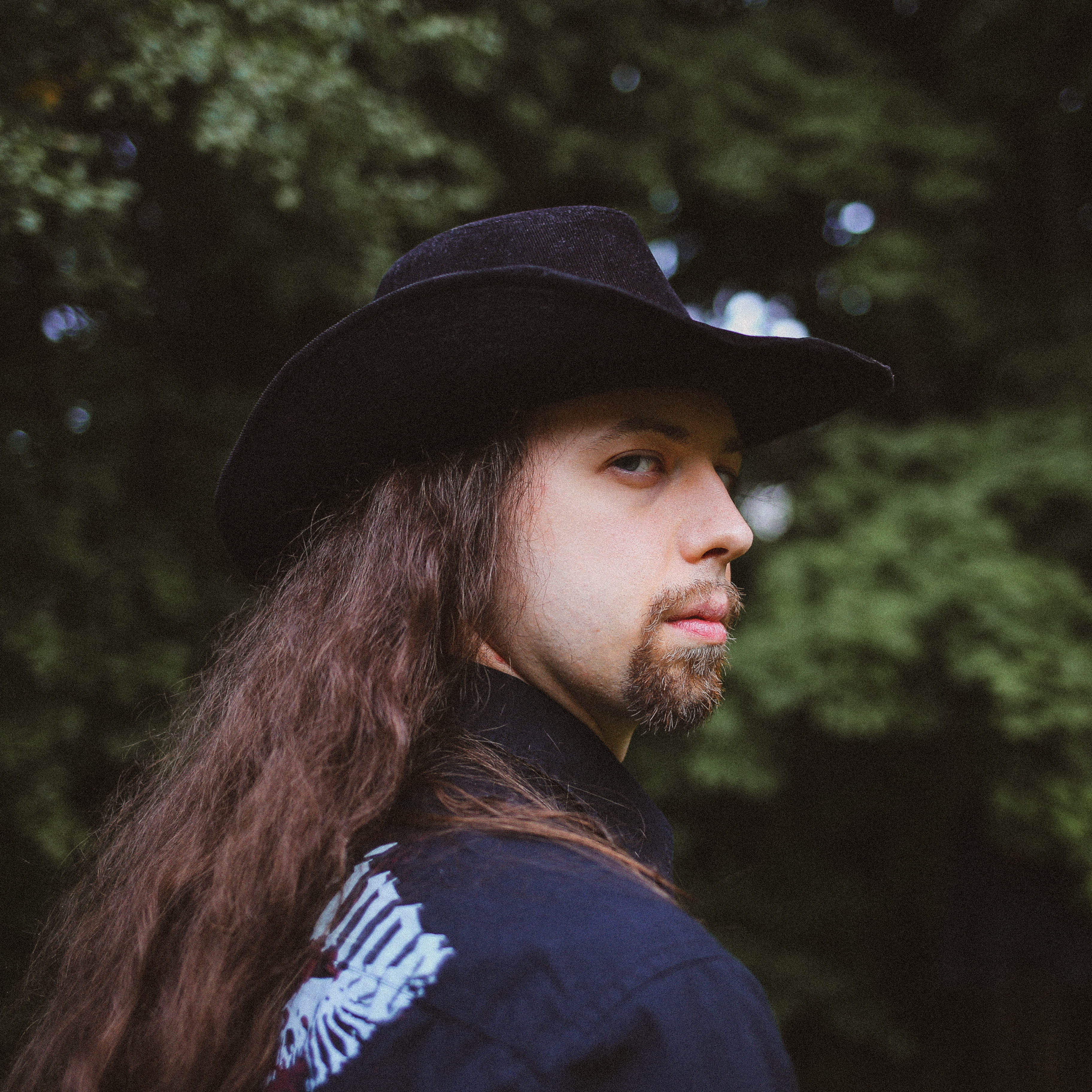Moksha (also: Mokshas, Mokšet) is a Finno-Ugric nation living in the basin of the Tsna, Moksha, Sura and Khopior rivers, namely within the administrative boundaries of the Republic of Mordovia, Penza, Ryazan, Saratov and Tambov regions.
Moksha is one of the largest Finno-Ugric peoples of the world, which doesn't have its own sovereign state. Unfortunately, due to the significant level of atomization and alienation of the ethnic group, its assimilation and Russification today don't even have autonomy within the so-called Russian Federation.
Moksha (also: Mokshas, Mokšet) is a Finno-Ugric nation living in the basin of the Tsna, Moksha, Sura and Khopior rivers, namely within the administrative boundaries of the Republic of Mordovia, Penza, Ryazan, Saratov and Tambov regions. In the course of the All-Russian censuses, Mokshas are deliberately recorded under the exonym “Mordva”, uniting them in one national group with the Erzyas, which complicates the calculation of both backgammon. At the same time, the total number of Mokshas today is estimated at 500,000 to 1,500,000 people worldwide. Such a spread in the number lies in the difficulty of an honest and accurate count of the Mokshas, who are more often recorded as “Mordovians” or Russians.
Moksha is a Finno-Ugric language of the so-called Volga group, one of the three official languages of the Republic of Mordovia, along with Erzya and Russian. Most Mokshas profess Christianity (Orthodoxy and Lutheranism), but every year the number of those who adhere to traditional beliefs, united by ethnographers under the term “Mokšeń koj”, is growing.
On the Russian Federation territory and in exile, the Moksha national movement is in its infancy, many activists are in deep underground because of the danger of being repressed or deported. The main mission to restore the self-consciousness of the people was assumed by the Committee of the Moksha nation representatives (in exile), that has created in 2022 in Budapest. Its fundamental goal is the revival of national identity, language, culture, historical memory and traditions with the subsequent creation of a sovereign state of the Moksha people – “Mokšeń Mastor”.
Mokshas have statehood experience – (Mokšoń) Murunzań Kirdi, headed by their own rulers (kanazors) from the Mordvan dynasty: Puresh, Narchat, etc. (they are also known from the Arabic chronicles as Morducans). During IX-XIII, the centers of tribal power were, first, the city of Elatma, and later Noronshasht (now the village of Narovchat near Penza). The existence of Moksha statehood is evidenced by the Laurentian Chronicle of 1228, the Annals of the Waverley Monastery of 1239, the works of Guillaume de Rubruk “Itinerarium fratris Willielmi de Rubruquis de ordine fratrum Minorum, Galli, Anno gratia 1253. ad partes Orientales”, Giovanni del Plano Carpini “Historia Mongalorum quos nos Tartaros appellamus”, Rashid al-Din Hamadani's “Jāmiʿ al-tawārīkh” and Roger Bacon's “Opus Majus”, telling about the history of Batu's invasion of the Volga region, the Dnipro region and Central Europe, as well as the life of neighboring peoples.
However, after various historical events, the Moksha nation found themselves under the influence and as part of the Moscow principality, and after – the Russian Empire, the USSR, and now the Russian Federation. Throughout this time, Mokshas were subjected to ethnic cleansing by the colonialists, attempts to destroy historical memory, national culture, language and identity, which still continue to be preserved, mainly in the rural environment. The Mokshas had numerous attempts to gain their independence from Moscow influence, from participation in the Razin Rebellion to the activities of the Mastorava organization in the late 1980s and early 1990s. However, all of them were unsuccessful, the participants were punished in various ways or forced to leave their place of residence, having left for Europe.
In total, the history of the Moksha national movement, the purpose of which is the self-determination of the people, can be divided into four stages: birth (from the middle of the 19th century to World War II), formation (1988-2012), decline (2013-2021) and modernity (since 2022). All of these stages were accompanied by the persecution of Moksha enlighteners and active figures of the national movement both in the Russian Empire, in the USSR and in the modern Russian Federation. However, at the same time, Moscow always gave gifts to those Moksha opportunists who became its obedient tool in the process of assimilation through “Mordvinization”, like the former head of the Republics of Mordovia Nikolai Merkushkin or Pyotr Tultaev.
It was precisely in order to break the chain of previous failures and passivity of Russified compatriots that the members of the Moksha diaspora joined their efforts and formed the Committee in emigration. The main reason was Russia’s aggressive military invasion of Ukraine at the end of February 2022. So, the Committee of the Moksha nation representatives (in exile) continued the baton started by Mastorava and will seek independence from the current Russian Federation. Mokshas, like many nations and peoples, have a historic opportunity to gain freedom from Moscow. At the beginning of the summer of 2023, this association was reorganized into the Moksha National Committee, which also included members of the underground resistance from Mordovia, Penza, Tambov and Saratov regions.

